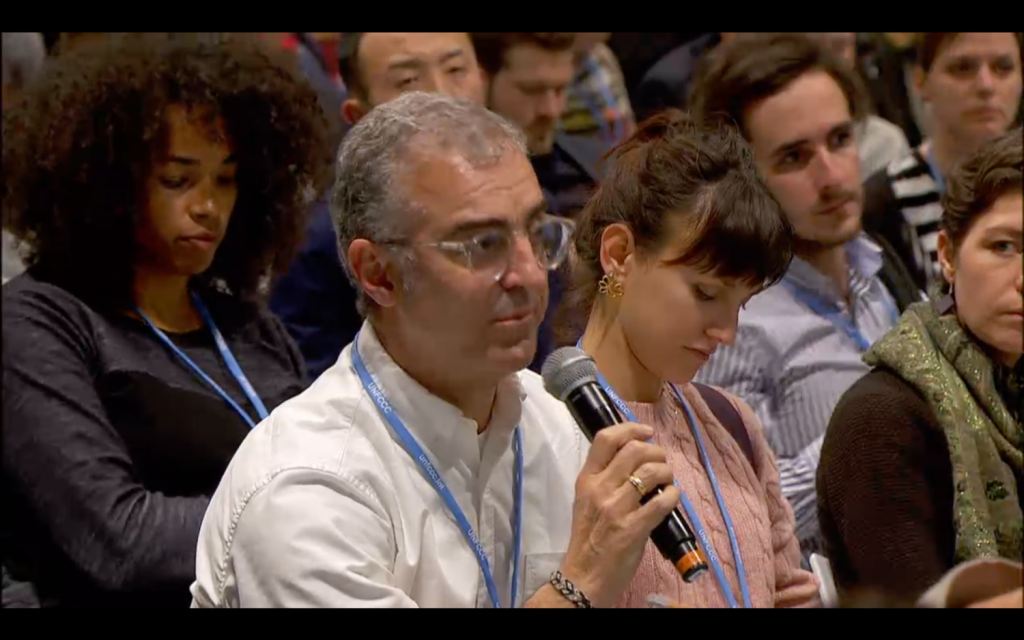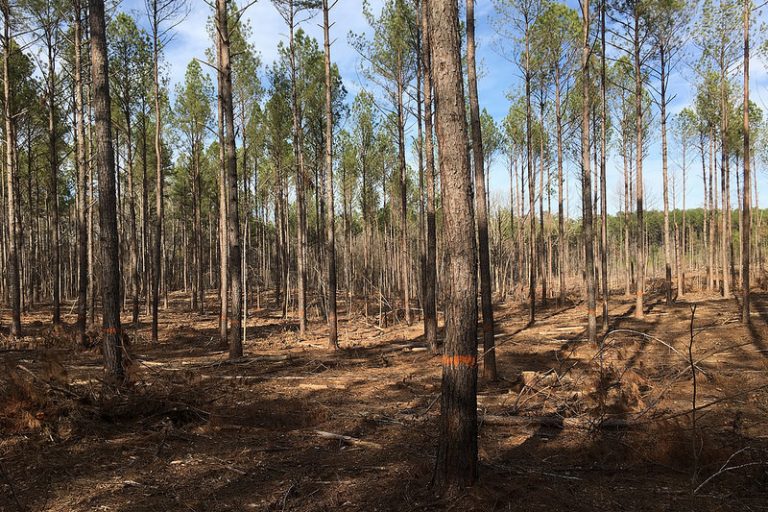
This story of mine from The Netherlands appears to illustrate a small crack in the near-universal political support for biomass usage in the European Union. Is it a harbinger of more change in biomass policy as the EU moves in June 2021 to consider revisions to its Renewable Energy Directive II?
For a small country, just 17.3 million people, The Netherlands holds an outsized influence in the EU, and the new make up of its parliament (national elections were held March 17, 2021) could determine the fate of biomass subsidies in a country that is one of the largest importers of wood pellets from the US Southeast.
Small victories like this are celebrated by environmentalists, but the biomass industry continues to grow rapidly in scale and revenue. For all the science that illustrates the importance of keeping forests intact, and how burning wood pellets is more polluting than burning coal, the industry presses a different point of view and interpretation of the science that continues to hold sway with policy makers. Consider this response in my story from the president of the World Bioenergy Association:
“My take on the Dutch decision is that it is as wrong and poorly informed as the Brexit decision in the U.K.,” said Christian Rakos, responding from Austria. “It is based on campaigns that have not told the truth. The fact is, the Netherlands is currently among the worst-performing countries in Europe when it comes to renewable energy use and this [biomass] decision will further deteriorate its performance in terms of climate protection.”
He added: “Our position is to do everything possible to ensure [forest] sustainability, but to keep in mind that climate change is the greatest threat to ecosystems at present, and that it will be impossible to mitigate it without extensive use of bioenergy.”
Rakos is correct about The Netherlands and renewable energy usage. It still gets as much as 90 percent of its energy from fossil fuels. But most of its “renewable” energy comes from burning wood. As leading biomass expert Mary Booth told me: “We’re not going to burn our way out of the climate crisis.”













